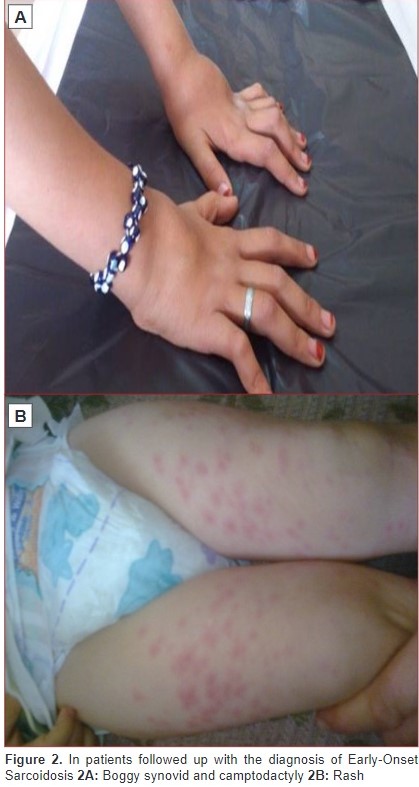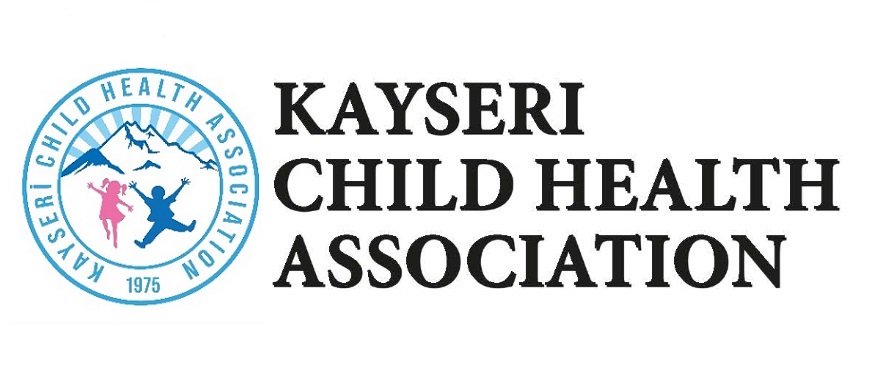Rare Autoinflammatory Diseases: A Single Center Experience of 47 Patients
Keywords:
autoinflammation, rare didease, childhoodAbstract
Autoinflammatory diseases include a group disease characterized by recurrent systemic inflammatory attacks due to failure in the regulation of the innate immune system. The beginning time of autoinflammatory disease is the most common in childhood. Autoinflammatory diseases which having different clinical forms are rare, therefore diagnosis is often delayed. To determine the clinical, laboratory, and radiological characteristics of children with rare autoinflammatory diseases and in which patients to consider an autoinflammatory disease. Forty-seven patients diagnosed with rare autoinflammatory diseases between 2010 and 2020 were analyzed retrospectively. Demographic characteristics, clinical courses, laboratory, and imaging findings of the patients were recorded. Forty-seven with rare autoinflammatory patients were evaluated. Twenty-three patients had Chronic Nonbacterial Osteomyelitis (CNO), seven patients had Mevalonate Kinase Deficiency (MKD), six patients had Blau Syndrome / Early-Onset Sarcoidosis (BS/EOS) Syndrome, three patients had Cryopyrin-associated periodic fever syndrome (CAPS), three patients had Autoinflammatory Vasculitis, one patient had Sideroblastic anemia with B-cell immunodeficiency, periodic fevers, and developmental delay (SIFD) syndrome, one patient had Neonatal Onset Pancytopenia, Autoinflammation, Rash and Episodic HLH (NOARCH) syndrome. Three of our patients were being followed up with a diagnosis of undifferentiated systemic autoinflammatory disease (uSAID). Autoinflammatory diseases may have different presentations. Steril and recurrent inflammation should be warning clinicians.









